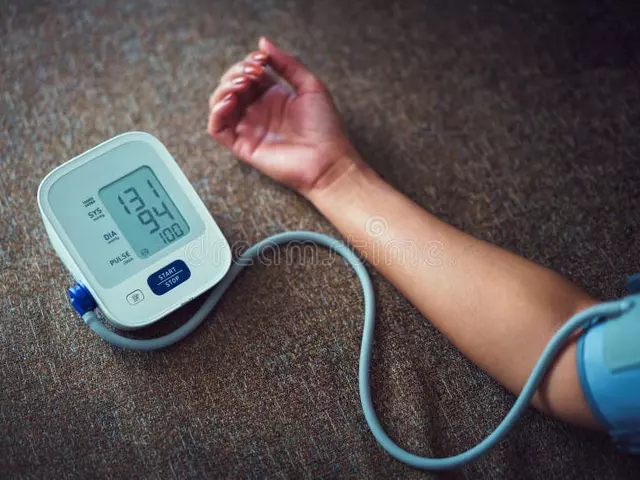Antibiotic: When to Use Them, How to Stay Safe, and Smart Alternatives
Antibiotics can save lives — but they aren't always the answer. Use this page if you want quick, practical advice on when antibiotics help, how to avoid harm, and what to try when common options like doxycycline or Bactrim aren’t right for you.
First question: do you need an antibiotic at all? If your illness is viral (cold, flu, many sore throats), antibiotics won’t help and can cause harm. If you have a high fever, worsening symptoms, or a clearly bacterial sign like pus, talk to a clinician. Getting a proper diagnosis is the fast route to the right treatment.
Choosing the right antibiotic
Doctors pick antibiotics based on the bug, location of the infection, allergies, and your medical history. For example, urinary tract infections, skin infections, and respiratory infections often need different drugs. If you're allergic to penicillin, your doctor will avoid that class and pick a safe alternative. If doxycycline or Bactrim are suggested but aren’t a fit, read our guides "9 Alternatives in 2025 to Doxycycline" and "10 Best Alternatives to Bactrim in 2025" for clearer options and trade-offs.
Finish the full course you’re prescribed, unless your doctor tells you otherwise. Stopping early can let bacteria survive and come back resistant. If you feel much better after a few doses, still check with your provider before stopping.
Safety, side effects, and interactions
Antibiotics can cause side effects like stomach upset, yeast infections, rashes, and — rarely — serious reactions. Tell your prescriber about kidney or liver problems, pregnancy, or other medicines you take. Some antibiotics interact with common drugs like blood thinners or heart meds. If you’re on other prescriptions, ask about interactions before you start.
Allergic reaction signs include hives, swelling, or trouble breathing. If those happen, get emergency care. For less severe side effects, a quick call to your clinician can usually sort a safer alternative.
Resistance matters. Using antibiotics when they’re not needed makes them less likely to work later. That’s why clear diagnosis and the right drug choice matter more than trying to self-treat with leftover pills.
Buying antibiotics online? Be cautious. Read our posts on spotting fake pharmacies and safe buying tips before you order. A legit pharmacy will require a prescription, give clear contact info, and have transparent shipping and return policies. If a site promises prescription drugs without a prescription or sells at unreal prices, it’s a red flag.
If you have questions about a specific antibiotic or need alternatives due to allergy or side effects, check our deep dives on common options and practical tips — or talk to a pharmacist or doctor. Quick, accurate advice beats guessing when your health is on the line.

Roxithromycin for Streptococcal Infections: A Closer Look
As a blogger, I recently delved into the topic of Roxithromycin for treating streptococcal infections. Roxithromycin, a macrolide antibiotic, has proven to be quite effective in combating these bacterial infections that can cause serious health issues if left untreated. I was impressed by its ability to target the bacteria without causing significant harm to our body's good bacteria. Additionally, the side effects seem to be minimal compared to other antibiotics. Overall, Roxithromycin appears to be a promising treatment option for those suffering from streptococcal infections.
View More




